Introduction to Engraved Knives
Engraved knives are not just tools; they are a fusion of art and functionality. They have become increasingly popular as personalized gifts, collectibles, and functional art pieces. This article explores the intricate world of engraved knives, their significance, and the craftsmanship involved.
The Essence of Knife Engraving
Knife engraving is the process of etching designs onto the blade, handle, or both, of a knife. It transforms a regular knife into a personalized masterpiece. The engravings can range from simple monograms to elaborate scenes and patterns. This art form combines traditional craftsmanship with modern techniques, offering endless possibilities for customization.
Types of Engraved Knives
1. Personalized Gift Knives: Often engraved with names, dates, or special messages, making them perfect for gifting on occasions like weddings or anniversaries.
2. Collector’s Edition Knives: Feature intricate designs, appealing to knife collectors and enthusiasts.
3. Utility Knives with Engravings: Combine functionality with personalized touches, popular in kitchens and for outdoor activities.
Materials and Techniques
• Materials: Stainless steel, carbon steel, and Damascus steel are popular choices for engraved knives.
• Techniques: Hand engraving, laser engraving, and acid etching are commonly used techniques, each offering distinct finishes and styles.
The Process of Knife Engraving
1. Design Selection: The process begins with selecting a design that complements the knife’s form and function.
2. Preparation: The knife is cleaned and prepared for engraving.
3. Engraving Execution: Skilled artisans or precise machines etch the design onto the knife.
4. Finishing Touches: After engraving, the knife undergoes finishing processes to enhance the design and protect the engraving.
Choosing the Right Engraved Knife
When selecting an engraved knife, consider the purpose (decorative or functional), the material and quality of the knife, and the style and intricacy of the engraving.
Maintenance of Engraved Knives
Proper care is essential to preserve both the functionality and the beauty of engraved knives. Regular cleaning, careful handling, and proper storage are key.
Conclusion: The Timeless Appeal of Engraved Knives
Engraved knives are more than just cutting tools; they are a statement of craftsmanship and personal expression. Whether as a functional tool or a piece of art, an engraved knife holds a special place in the hearts of its owners and admirers.
Engraved knives are not just tools; they are a fusion of art and functionality. They have become increasingly popular as personalized gifts, collectibles, and functional art pieces. This article explores the intricate world of engraved knives, their significance, and the craftsmanship involved.
The Essence of Knife Engraving
Knife engraving is the process of etching designs onto the blade, handle, or both, of a knife. It transforms a regular knife into a personalized masterpiece. The engravings can range from simple monograms to elaborate scenes and patterns. This art form combines traditional craftsmanship with modern techniques, offering endless possibilities for customization.
Types of Engraved Knives
1. Personalized Gift Knives: Often engraved with names, dates, or special messages, making them perfect for gifting on occasions like weddings or anniversaries.
2. Collector’s Edition Knives: Feature intricate designs, appealing to knife collectors and enthusiasts.
3. Utility Knives with Engravings: Combine functionality with personalized touches, popular in kitchens and for outdoor activities.
Materials and Techniques
• Materials: Stainless steel, carbon steel, and Damascus steel are popular choices for engraved knives.
• Techniques: Hand engraving, laser engraving, and acid etching are commonly used techniques, each offering distinct finishes and styles.
The Process of Knife Engraving
1. Design Selection: The process begins with selecting a design that complements the knife’s form and function.
2. Preparation: The knife is cleaned and prepared for engraving.
3. Engraving Execution: Skilled artisans or precise machines etch the design onto the knife.
4. Finishing Touches: After engraving, the knife undergoes finishing processes to enhance the design and protect the engraving.
Choosing the Right Engraved Knife
When selecting an engraved knife, consider the purpose (decorative or functional), the material and quality of the knife, and the style and intricacy of the engraving.
Maintenance of Engraved Knives
Proper care is essential to preserve both the functionality and the beauty of engraved knives. Regular cleaning, careful handling, and proper storage are key.
Conclusion: The Timeless Appeal of Engraved Knives
Engraved knives are more than just cutting tools; they are a statement of craftsmanship and personal expression. Whether as a functional tool or a piece of art, an engraved knife holds a special place in the hearts of its owners and admirers.








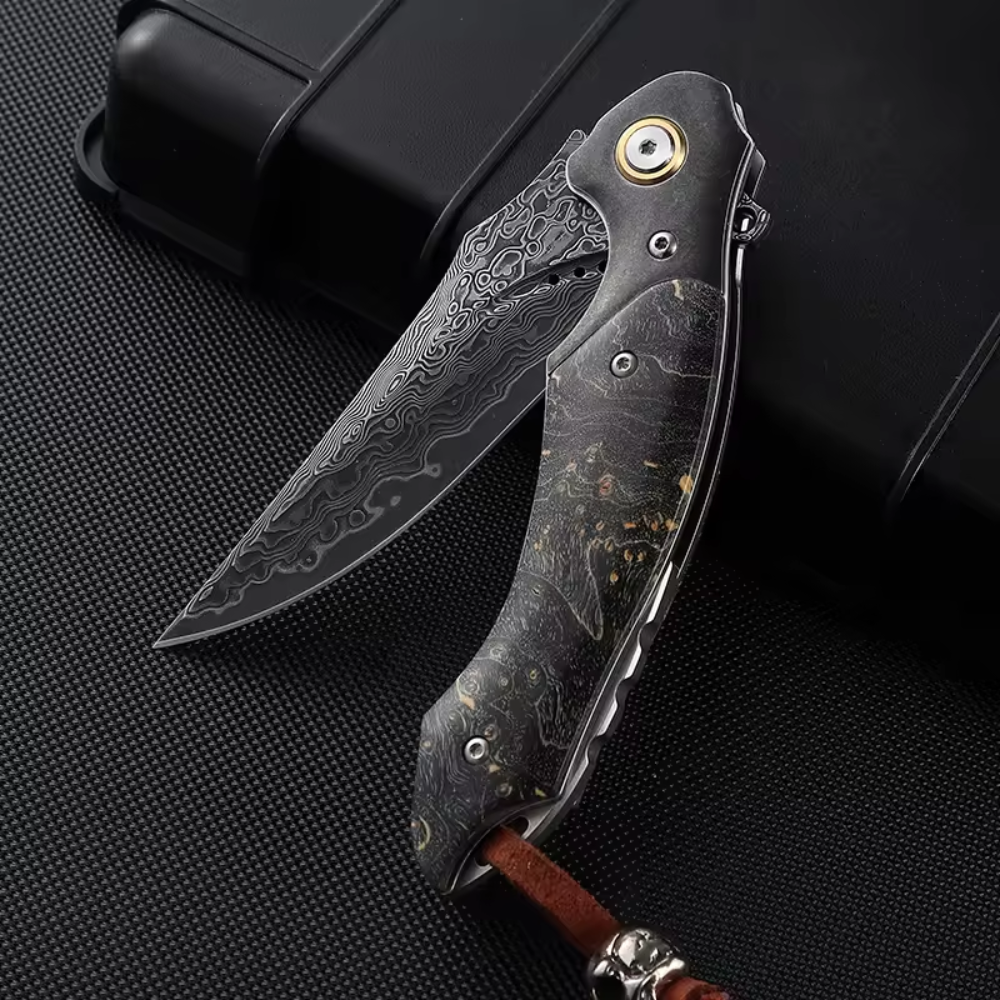
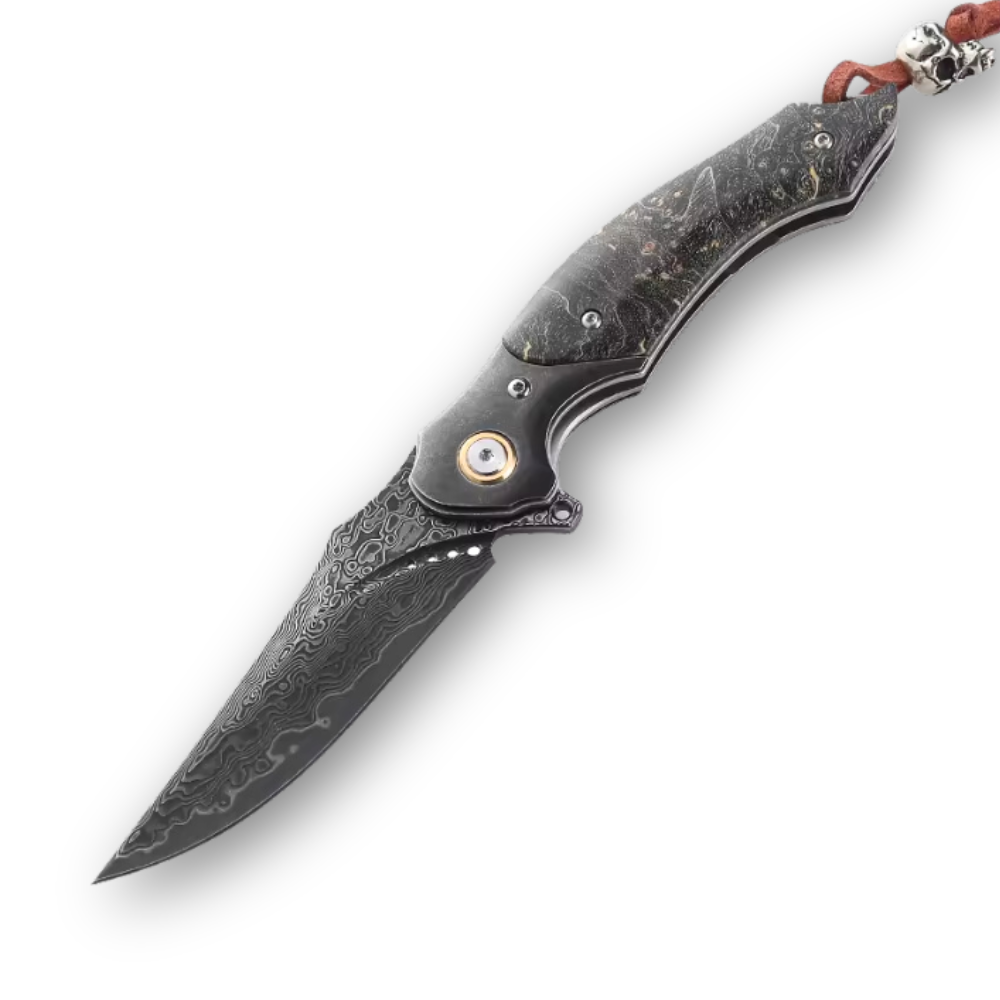
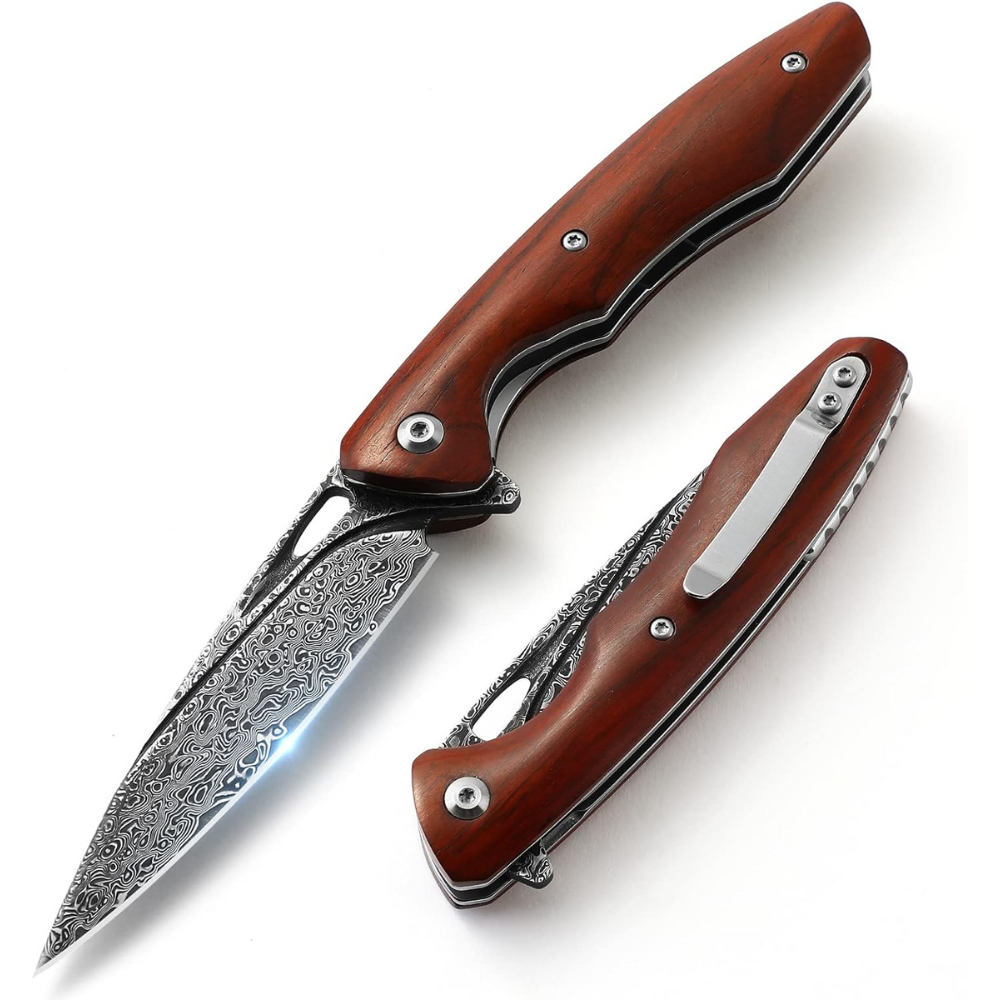
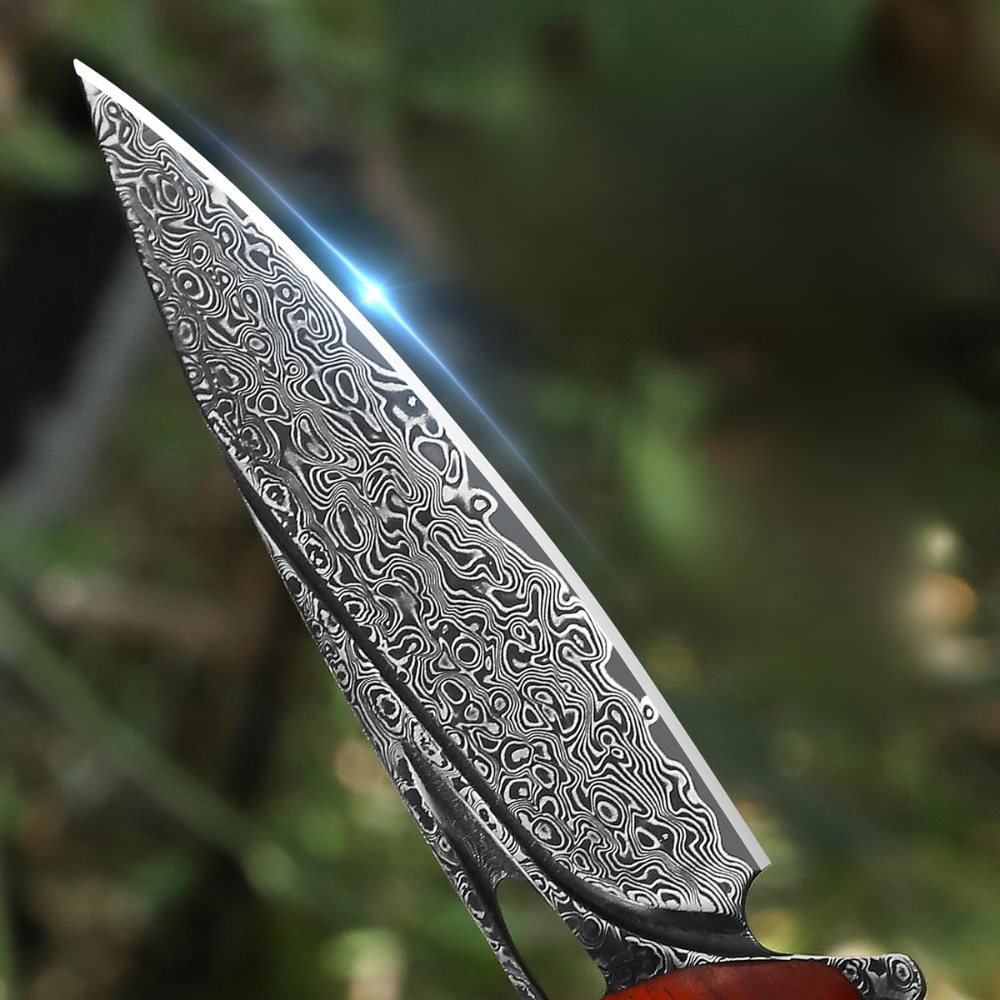






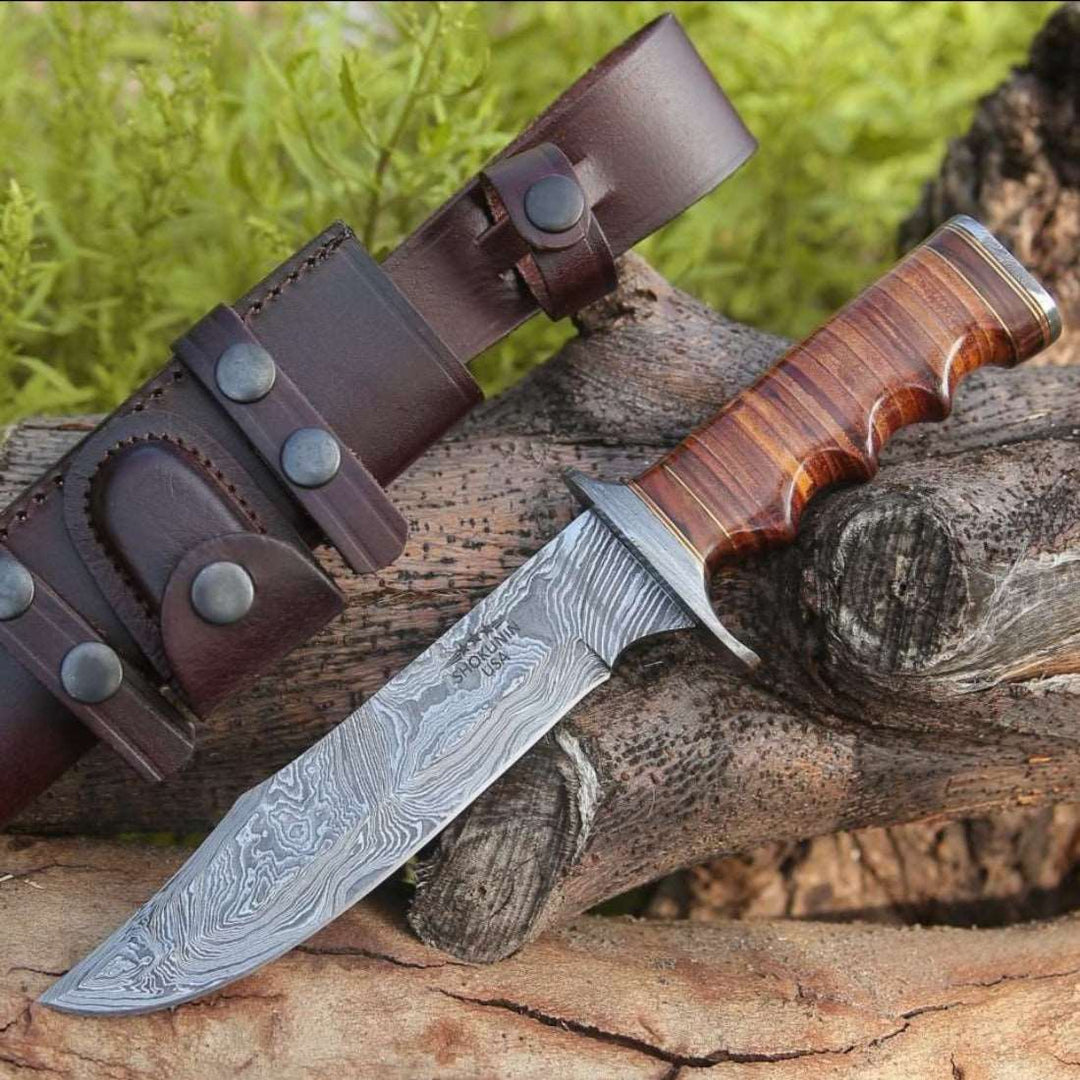
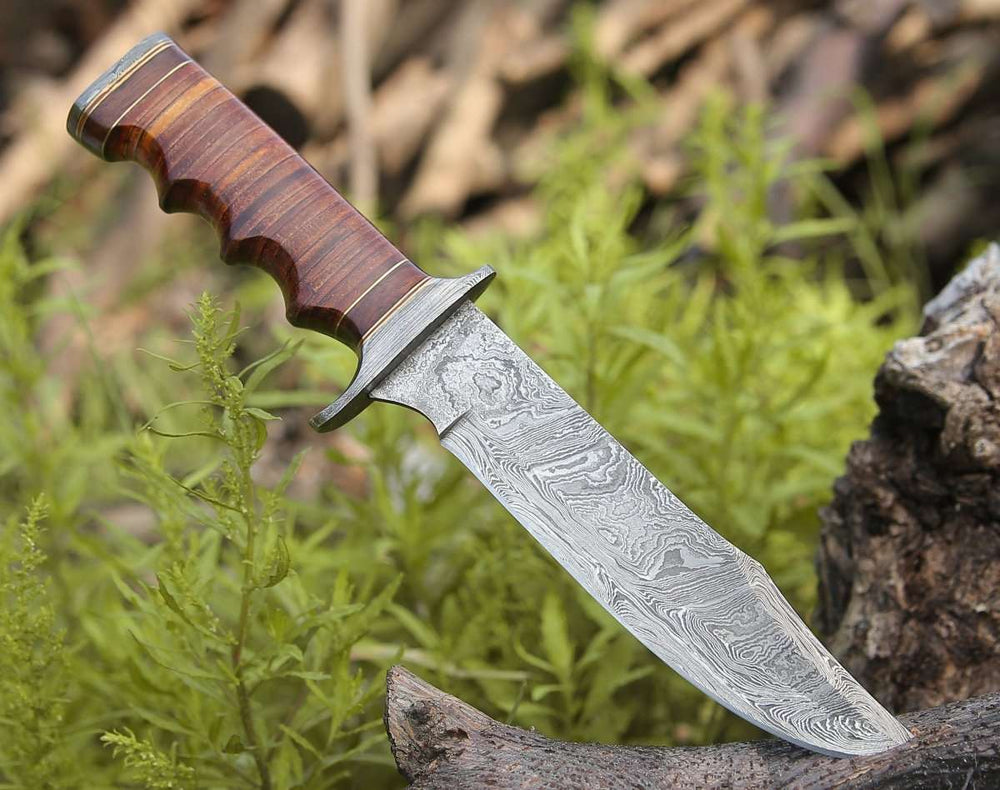
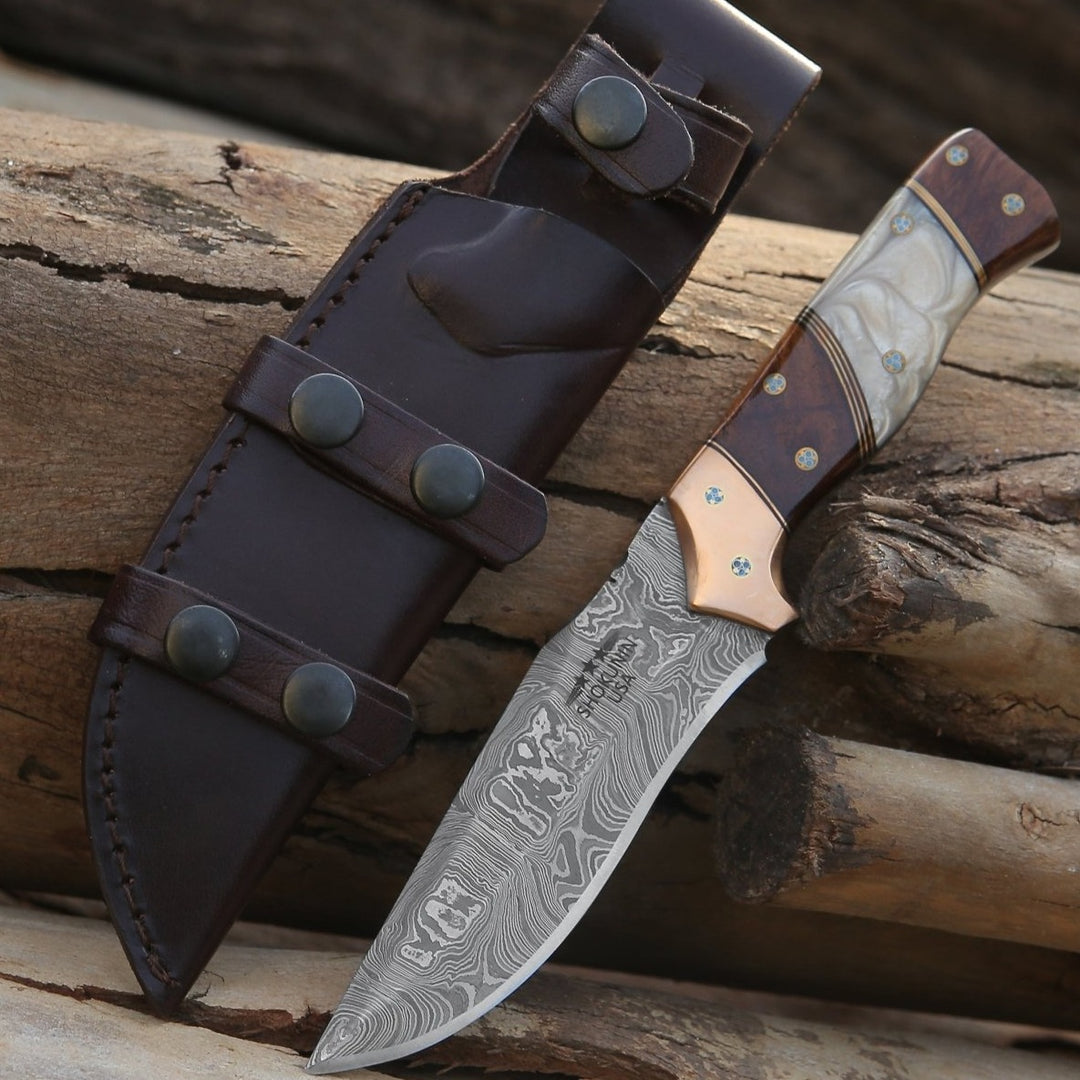
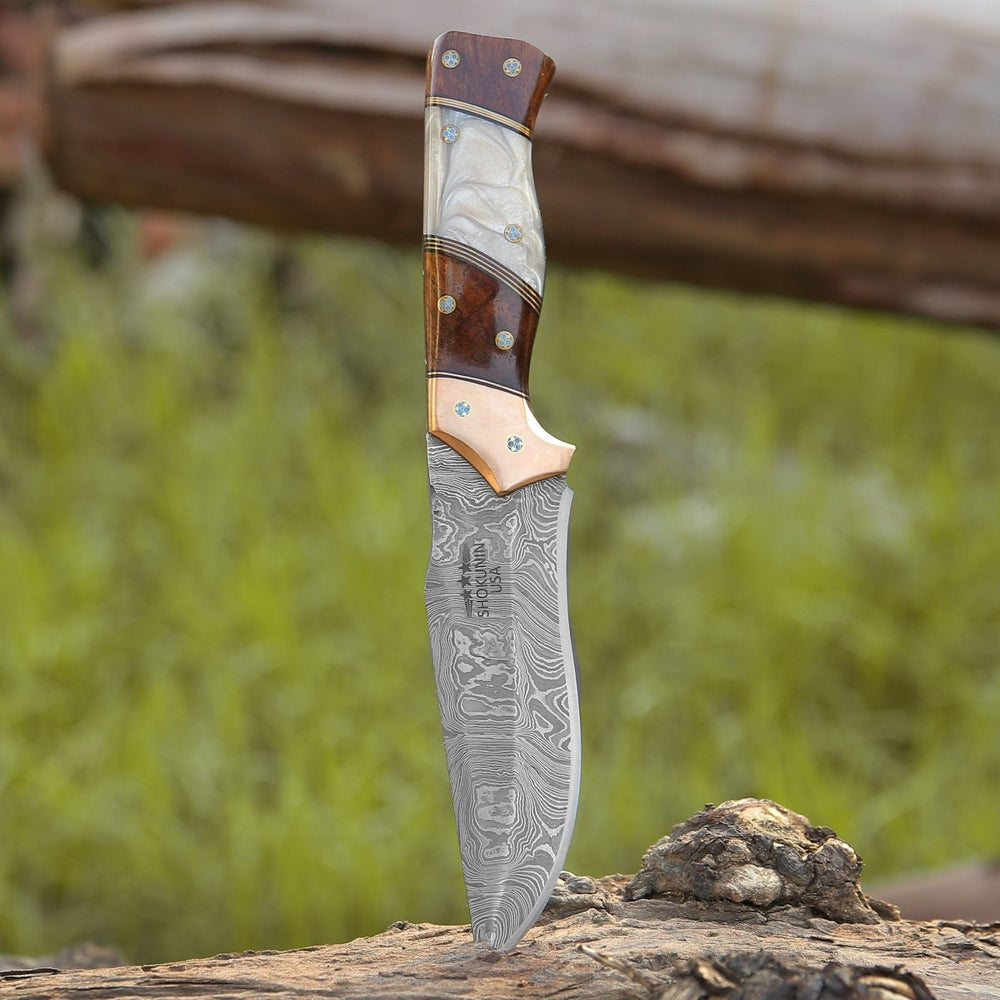


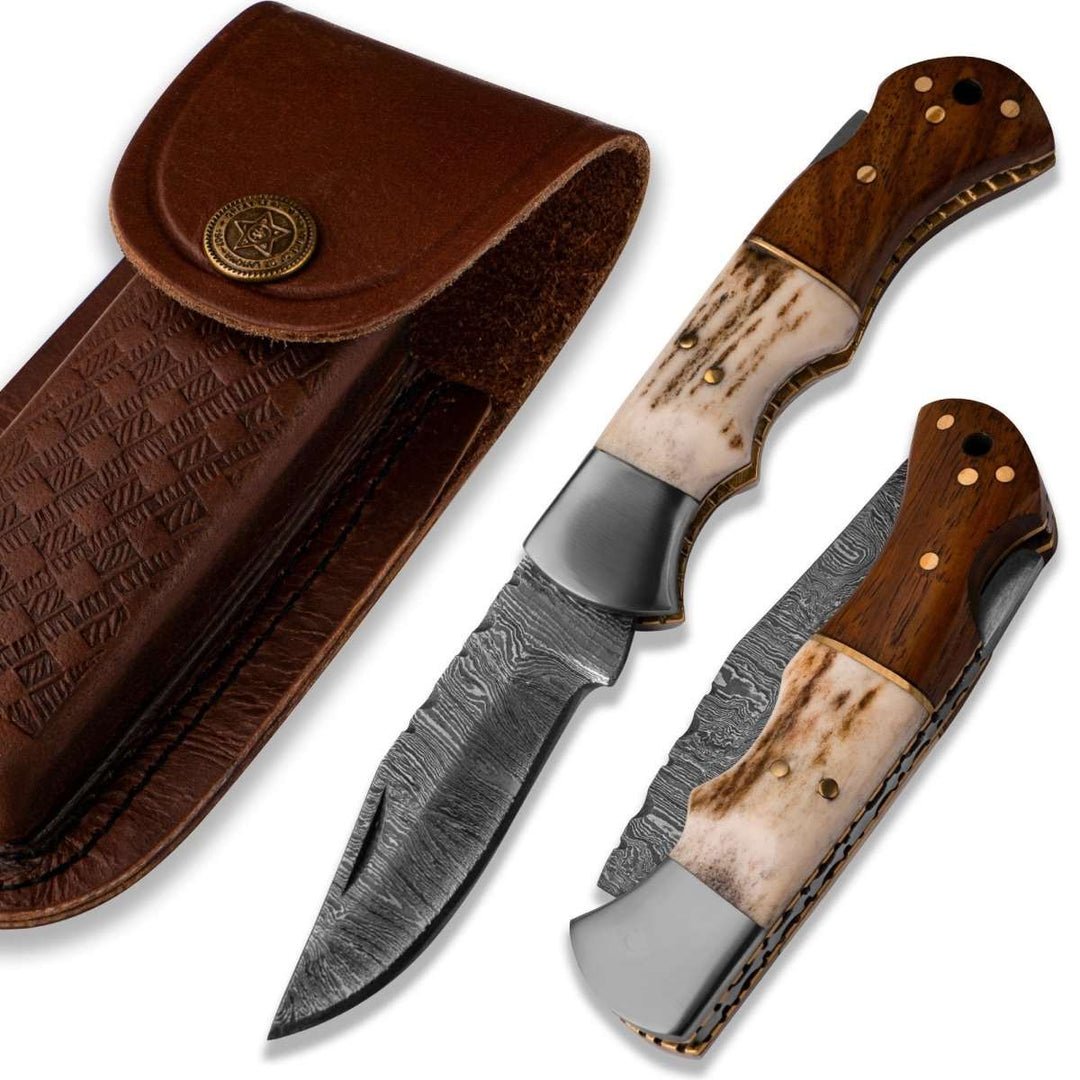
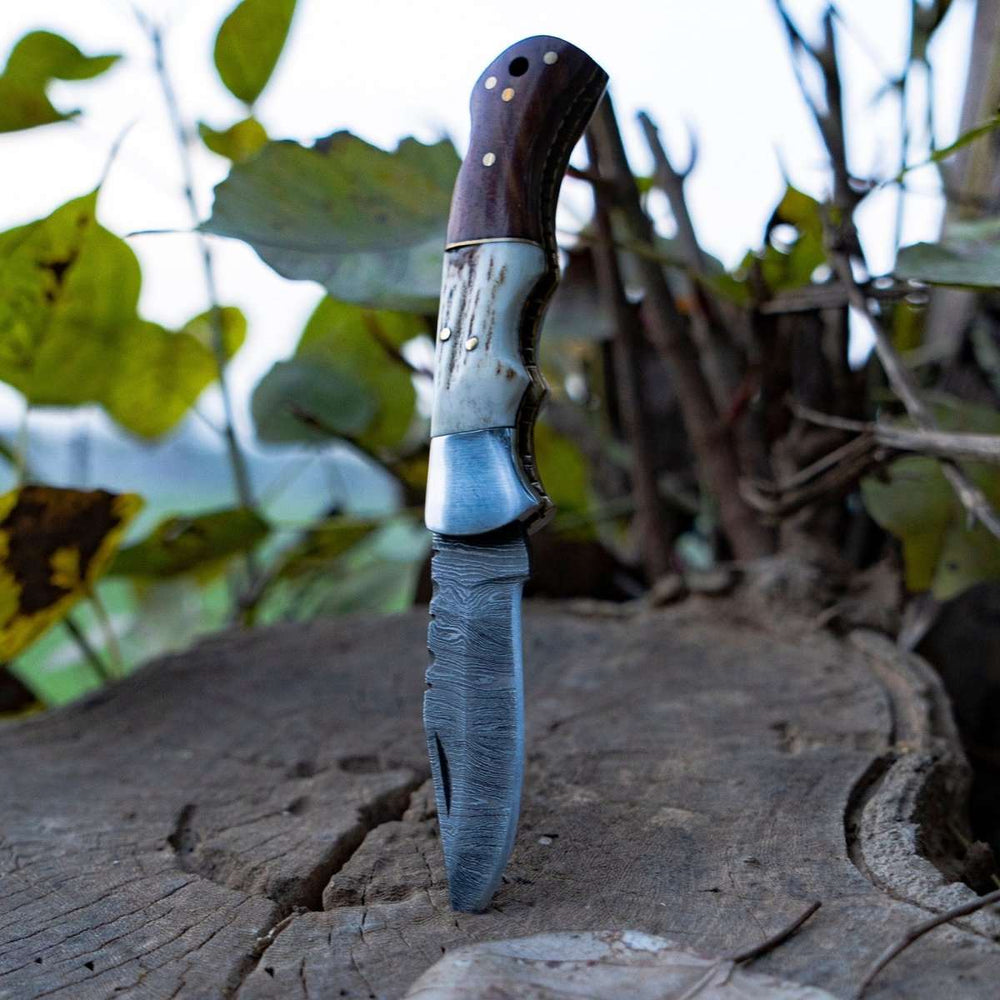




Leave a comment